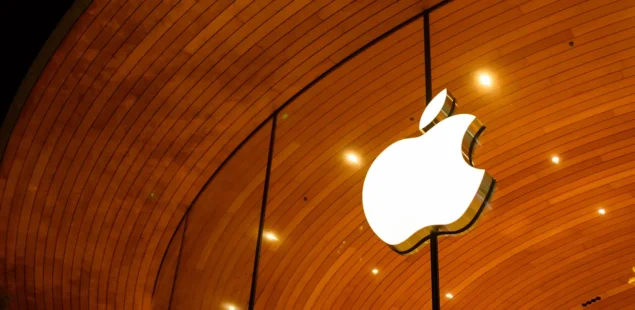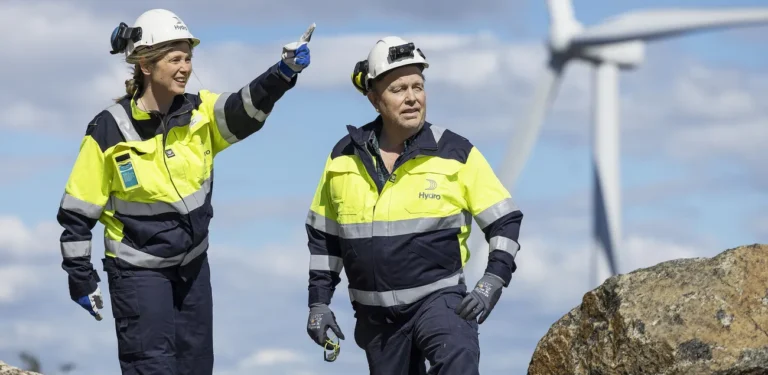
Vale Indonesia, the Jakarta-listed nickel miner 60 percent owned by Vale Base Metals and state holding MIND ID, plans to raise US $500 million in early 2026 from a syndicate of local and international banks and a further US $500-700 million via bonds in 2027, chief financial officer Andaru Brahmono Adi told investors in Jakarta. The funding will complete three high-pressure acid-leach (HPAL) projects now under construction on Sulawesi.
Funding Roadmap and Capital Structure
Vale will seek a club loan first, locking in competitive rupiah and dollar tranches before Indonesian rates peak, then tap bond markets once Bahodopi and Pomalaa are mechanically complete. Management says debt headroom is comfortable: net gearing stood at just 9 percent at end-2024 after a dividend-light year and a US $160 million equity injection from MIND ID when the state arm lifted its stake to 34 percent in February 2024.
Three-Site Build-out on Sulawesi
Bahodopi, slated to start mining later this year, will feed a 73 000 t/y ferronickel plant joint-ventured with China’s Shandong Xinhai. Pomalaa, a US $4.5 billion HPAL complex backed by Ford Motor, Zhejiang Huayou Cobalt and GEM, is now in full construction and targets first mixed hydroxide precipitate in 2026. Sorowako, the legacy mine, is adding a downstream line that will lift briquette output to 80 000 t/y. Together the trio could push Vale Indonesia’s attributable nickel capacity above 180 000 t/y by 2028, absorbing as many as 30 000 new workers.
Market Backdrop: Nickel in a Down-cycle
London Metal Exchange nickel cash settled at US $14 875 t on 22 July 2025, down 68 percent from the 2022 spike as Indonesian laterite supply swamped the market. The price rout forced Vale to mothball its Australian Nickel West and West Musgrave units and, in June, to sell its 17 percent stake in Tanzania’s Kabanga project. In Indonesia, however, an export ban on unprocessed ore, preferential power tariffs and strong Chinese partner appetite are keeping new chemistry-grade projects alive.
Regulatory and ESG Considerations
Jakarta’s downstream mandate requires all nickel ore to be refined on-shore; concentrates will be banned from 2027. HPAL technology aligns with the policy by producing high-purity intermediate suitable for battery-grade sulphate. Vale and its partners have committed to run the plants on a mix of captive gas and hydro to cap Scope 2 emissions below 0.6 t CO₂e per tonne of nickel, well under the global average of 1.9 t CO₂e.
Company Background and Market Context
Vale Indonesia, founded in 1968, produced 70 728 t of nickel-in-matte in 2024 and posted EBITDA of US $617 million. Its Sorowako concession holds 3.6 million tonnes of contained reserves. Parent Vale Base Metals is reshaping its portfolio around copper and battery metals after halting Australian operations and exiting Kabanga. MIND ID, Indonesia’s mining super-holding, became the single-largest shareholder in early 2024 as part of a permit-extension deal that gives the state a bigger say in strategy.
Nickel underpins high-energy-density cathodes for electric vehicles and grid-storage batteries; stainless steel still commands two-thirds of demand. After a record surplus of 300 000 t in 2024, analysts expect deficits to re-emerge late-decade as class-one sulphide feed wanes and Western automakers tighten provenance requirements.



